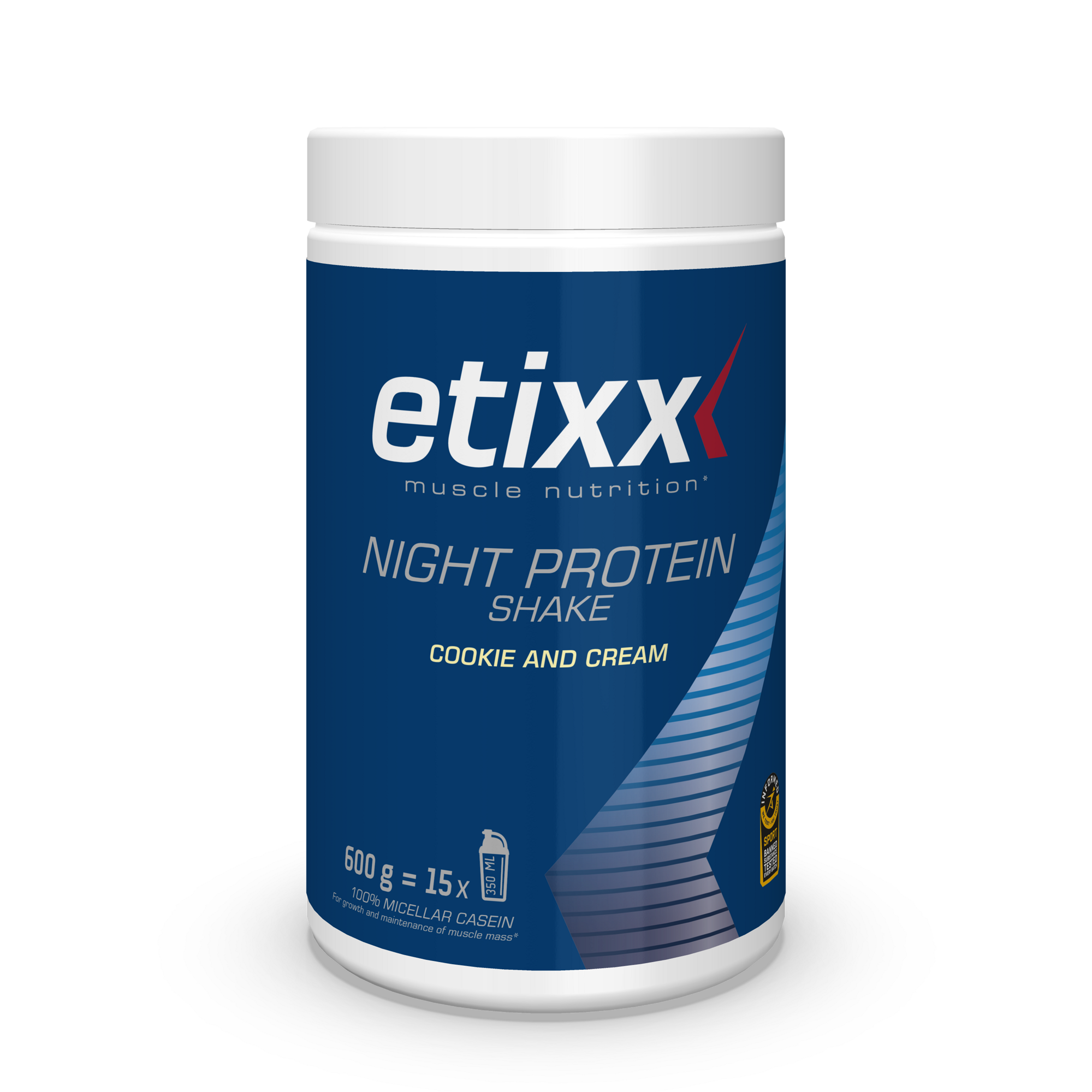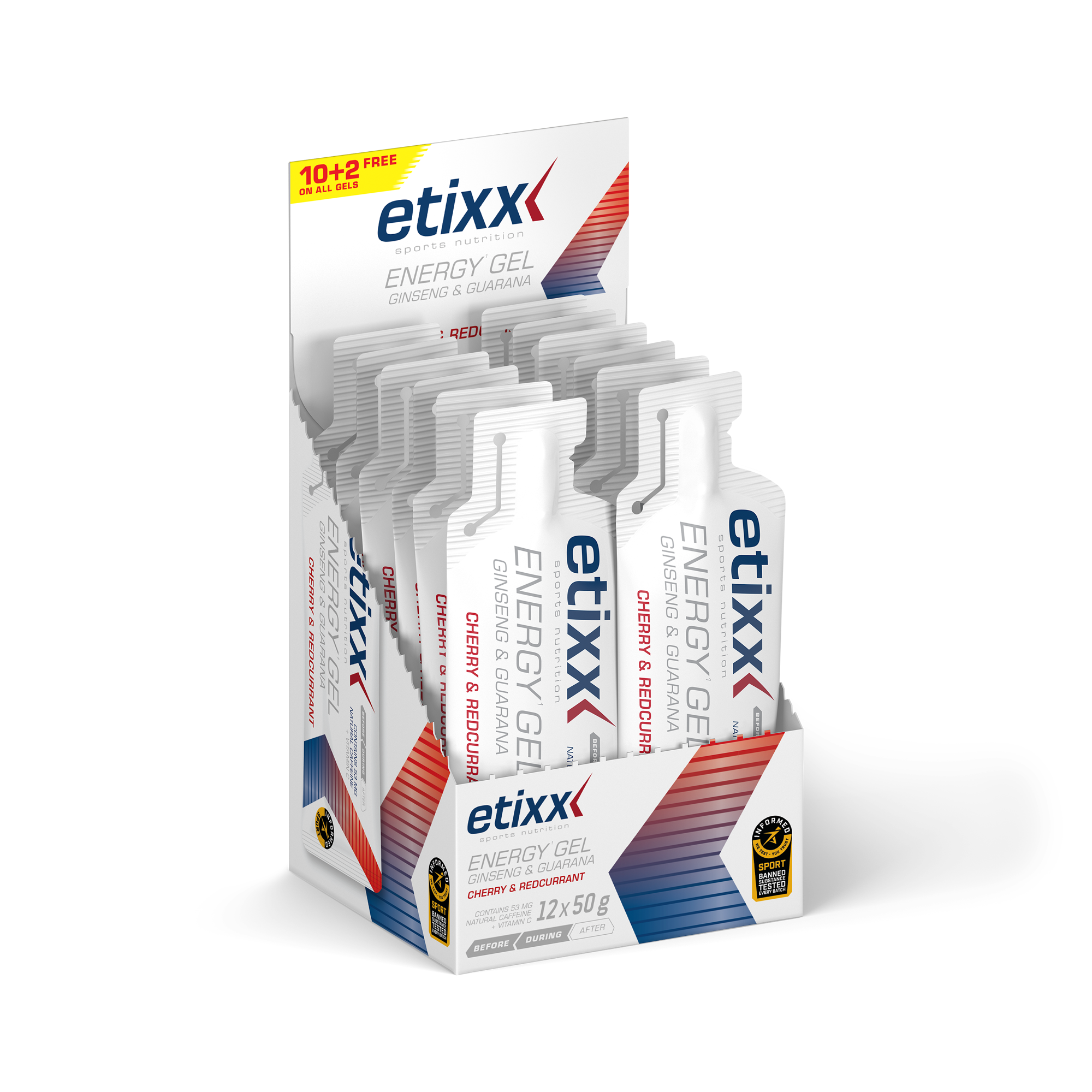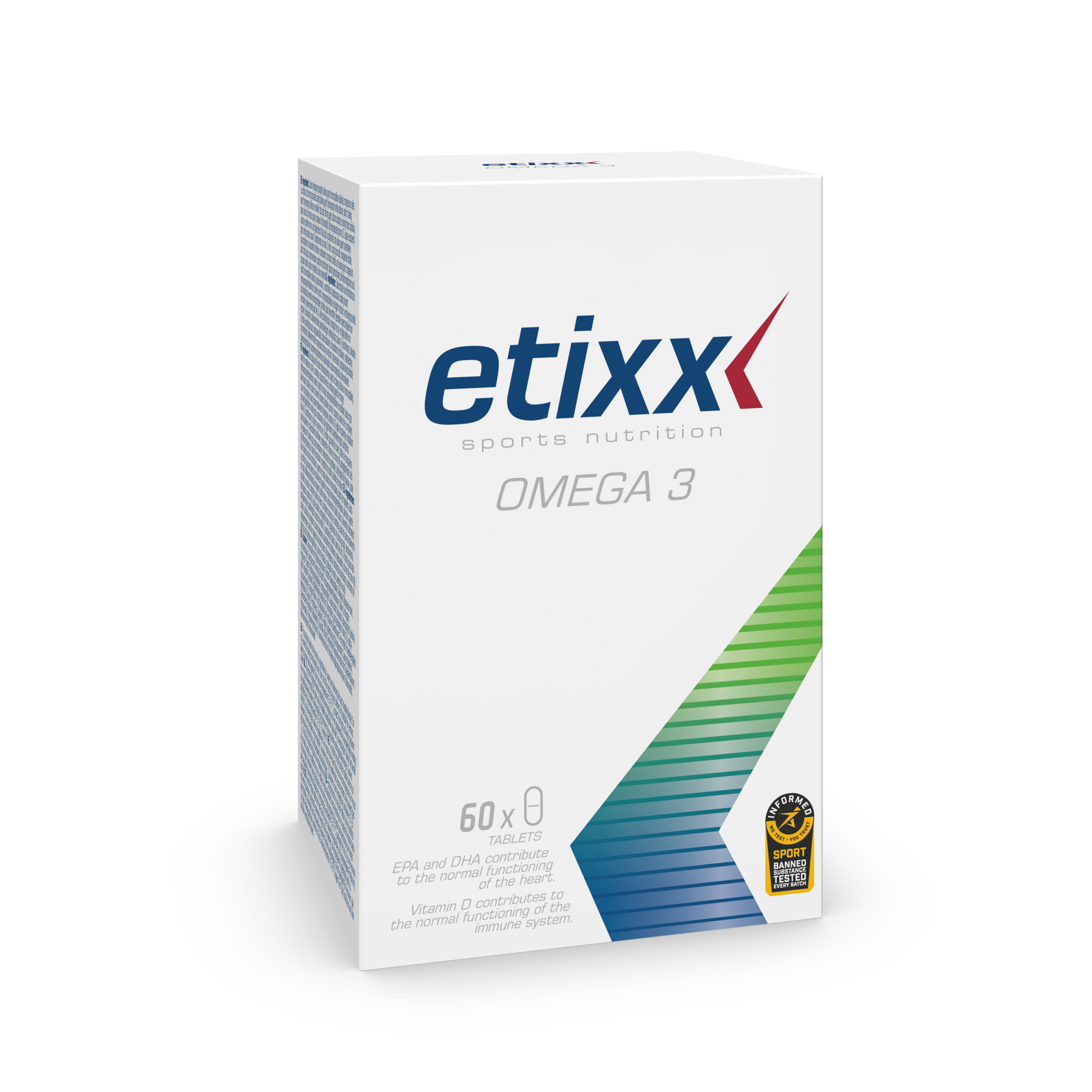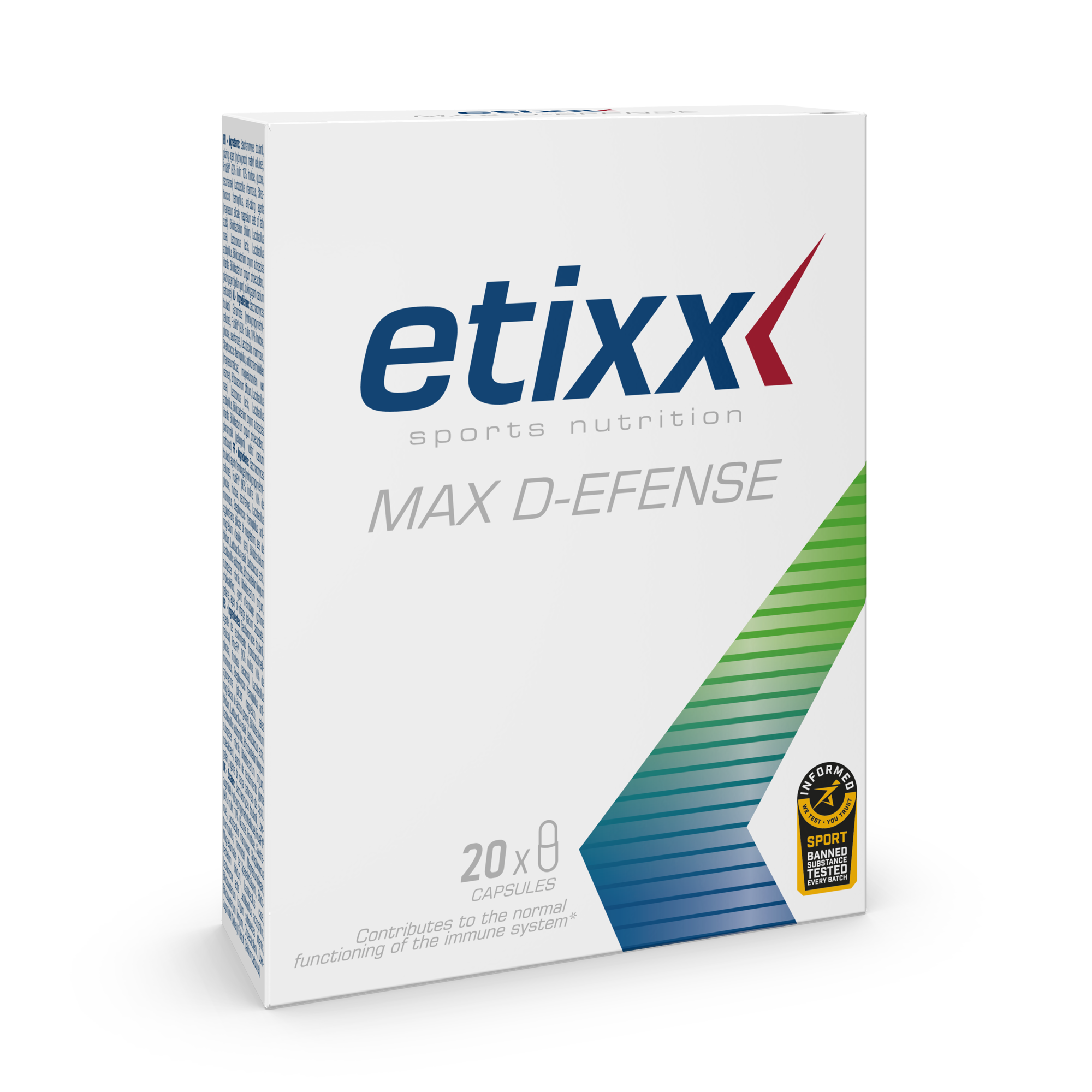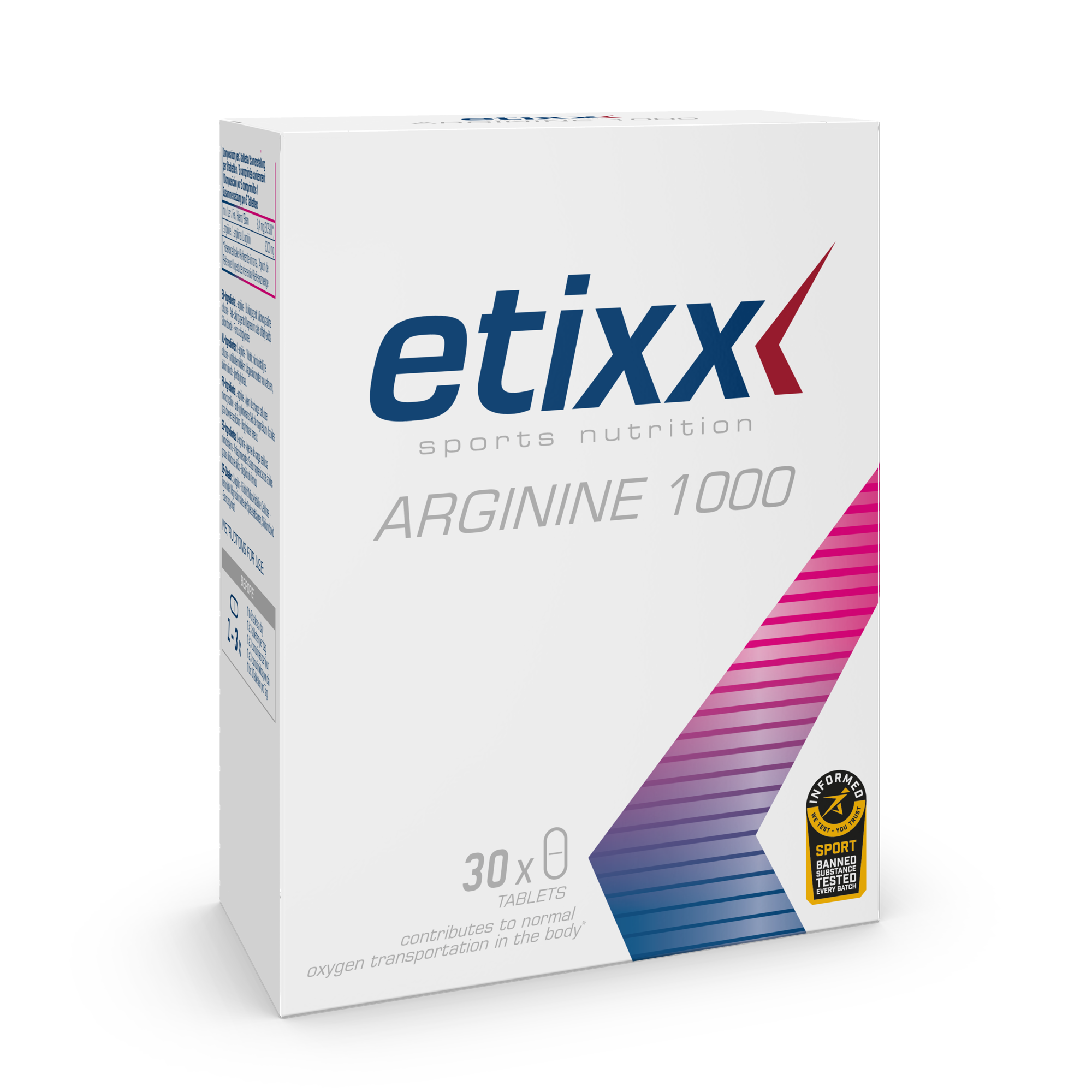10 - 21km: half marathon
Go the extra mile with Etixx
Are you training to annihilate your 10 km record? Or have you just run your very first competitive half marathon? Whatever the case, long distance running tests the boundaries of your endurance and boosts your overall fitness level. In recent years, running has become very popular. It doesn’t take much equipment or investment to get started: a pair of training shoes and a training schedule is actually all you need, and anyone can do it. And another benefit: a beginner can get great results in a relatively short period of time.
Sports nutrition that really makes a difference
The right combination of carbohydrates, protein and healthy fats is essential to making progress as an athlete. Etixx can help you to achieve your goals without overburdening your body. Our products have been tested extensively and are developed by a team of specialists that works with top athletes. Our unique formulas are designed in such a way that they give you everything your body needs before, during and after training. We only use high quality ingredients, and all of our products are subjected to strict quality controls. Every production lot is tested for prohibited substances and for substances recommended by Informed-Sport by an independent institution. This way, you can be sure that our supplements help you to maintain a healthy diet and to push your boundaries as a athlete.
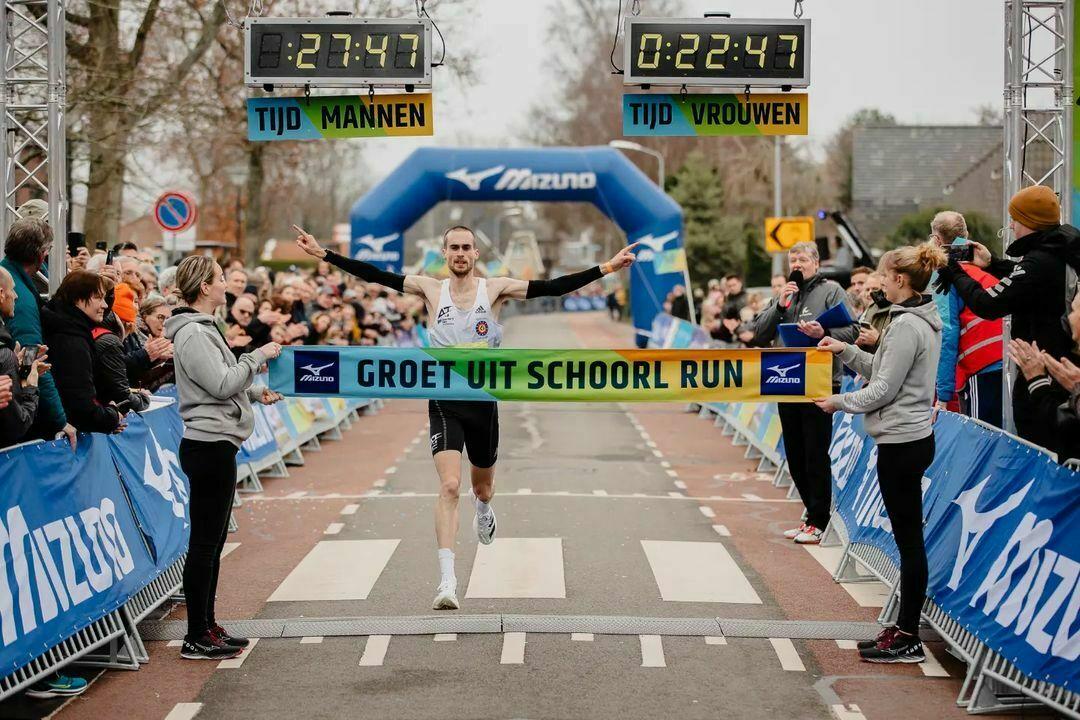
Daily nutrition advice for half marathon runners
Every athlete has a set of personal needs depending on his or her objectives, condition, experience with sports nutrition and specific problems. Excluding these personal effects, we have found a lot of similarities between the members of our teams, including Endurance Team Moeskroen and all of the recreational runners who have been involved in the testing of our products. In general, runners require more vitamins and minerals because of the exercise they do. Due to overworking and excess fertilisation, our agricultural land has been degraded, so that fruit and vegetables now contain less vitamins and minerals than roughly 50 years ago. This lower level of vitamins and minerals, combined with lower consumption of fruit and vegetables in general, means that runners have to pay extra attention to this. For this reason, extra supplements are highly recommended.
Eat and drink before exercise in order to make the best possible gains.
Our level of performance is directly proportional to our loss of moisture. It is important to start your training sessions properly hydrated. Pre-hydration starts the day before exercise, and mainly involves drinking water. The colour of your urine is a good indication of whether you are sufficiently hydrated. Dark yellow urine is a sign that you have not drunk enough. A light yellow colour indicates that you are well hydrated. During the meal before your session (3 hours before) or 10 minutes before the exercise, you can drink a sports drink to hydrate and get some extra carbohydrates.
Eat and drink something during exercise in order to gain as much performance as possible.
The amount of moisture that you will lose during exercise depends on duration, intensity, genetics, body size and various environmental factors such as humidity and temperature. It is therefore not entirely clear how much you should drink while exercising. A very good way to determine how much moisture you need to consume is to use some scales on a day during which you will be training. Weigh yourself before and after training, and multiply the lost weight by 1.5. The outcome is the quantity of fluid that you need to consume in order to compensate for what you lost as sweat. In order to perform during long periods of exercise, the muscles must have enough glycogen, and that is why it is important to consume carbohydrates while training and replenish these reserves. If no carbohydrates are consumed during long periods of intensive exercise, glycogen in the muscles will become depleted after 90 minutes. The table below shows how much carbohydrate must be consumed, because requirements depend on the duration of the exercise:
| <1h | No additional carbohydrates required |
| 1-2h | 30g per hour |
| 2-3h | 60g per hour |
| >2,5h | Up to 90 g per hour |
You can choose to consume carbohydrates during exercise in liquid, semi-liquid or solid form. The more liquid the food, the faster the carbohydrates will be absorbed during exercise. In stress situations, preference is always given to liquid sources of carbohydrate, because our digestive system does not work optimally when we are under stress.
Eat and drink something after exercise in order to recover as quickly as possible.
Proper recovery after training is crucially important, because strangely enough, your body gets stronger and fitter after exercise, not during. In line with the motto “You’re only as good as your last recovery”, it is important to pay attention to what you eat and drink after exercise. This determines how much you will gain from your training. Often, you have to drive or catch a bus, or rush to your next appointment, so you do not immediately supply your body with the building materials it needs to ensure proper recovery. This can cause you to start your next training with fatigue, potentially causing you to enter a negative spiral. This can result in delayed progress, or even injury. What you should do, is provide your body with fuel and the right nutrition as fast as possible.
Advanced plan
For those who are ready to take it a step further and are aiming for challenges that are just within their potential. The products below can help you with this depending on your goals.











